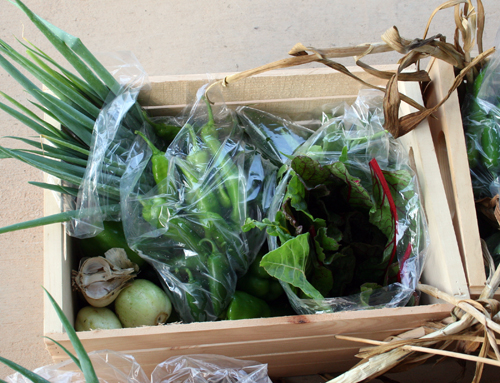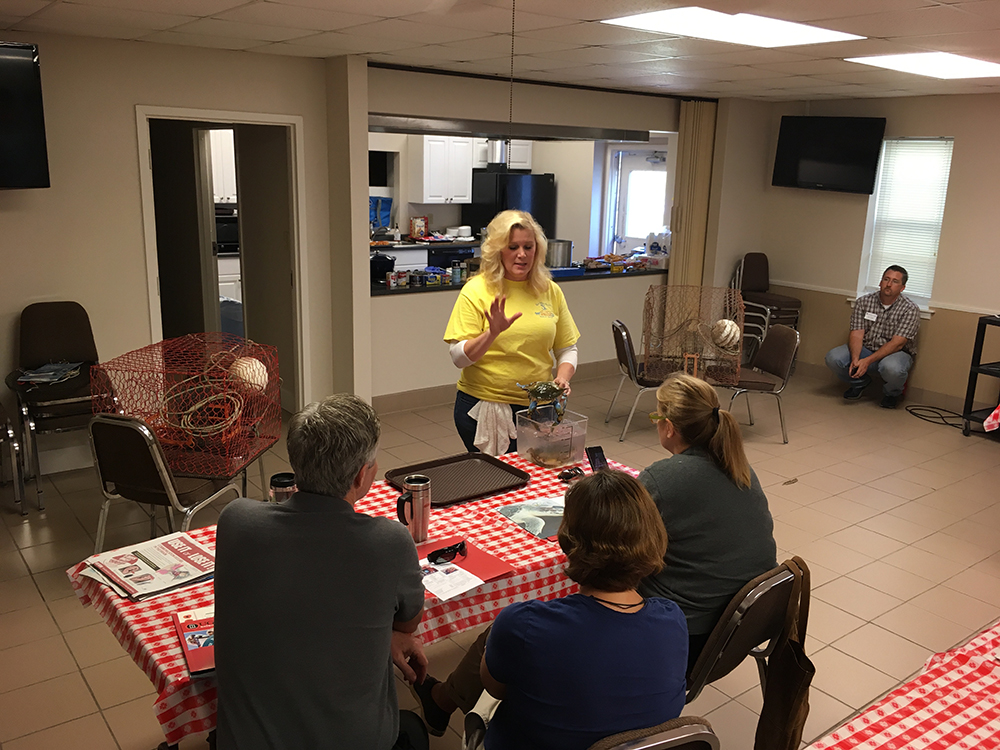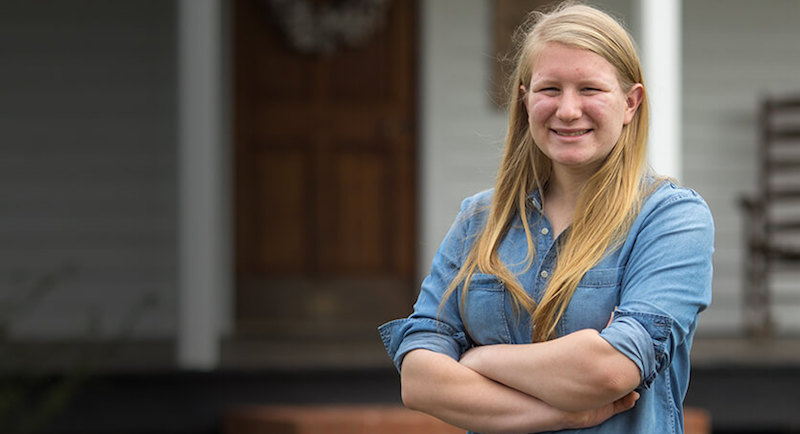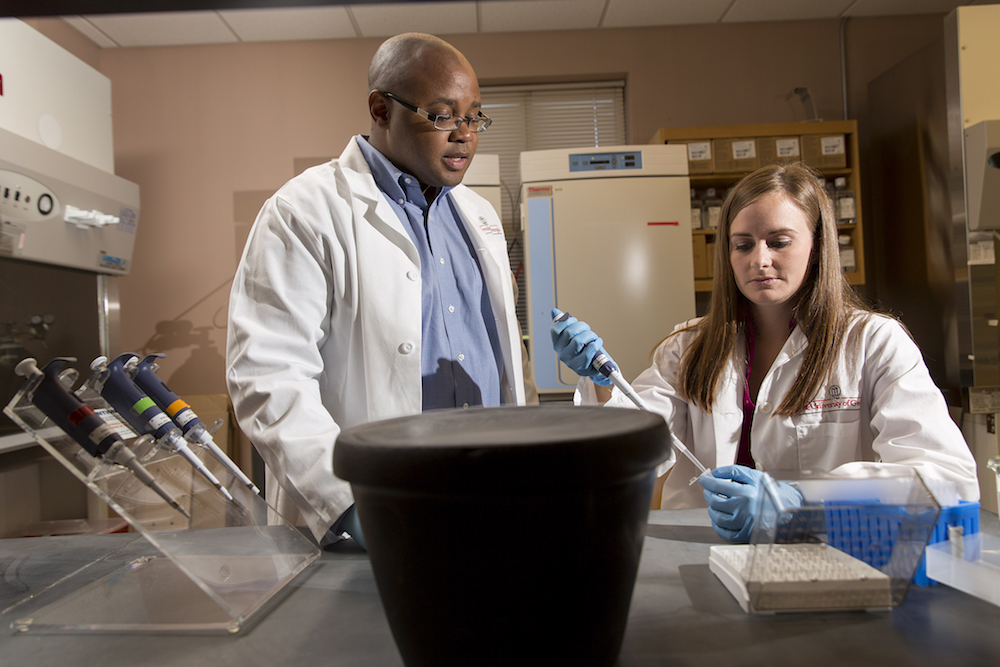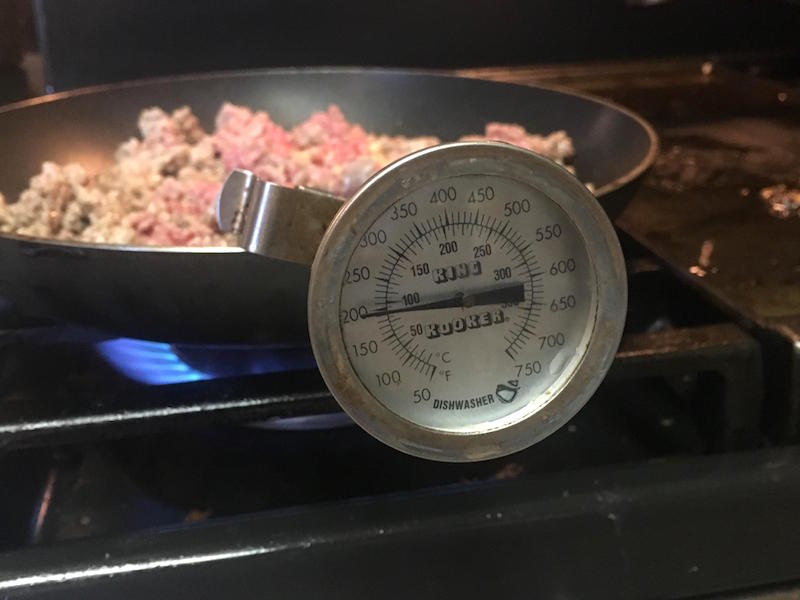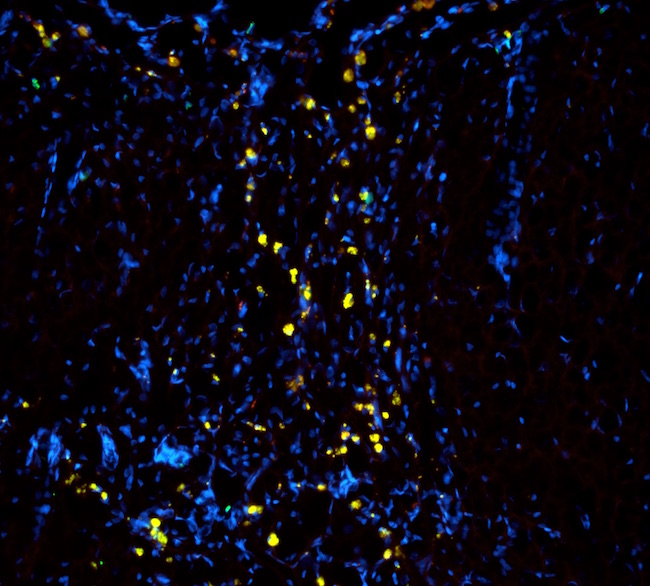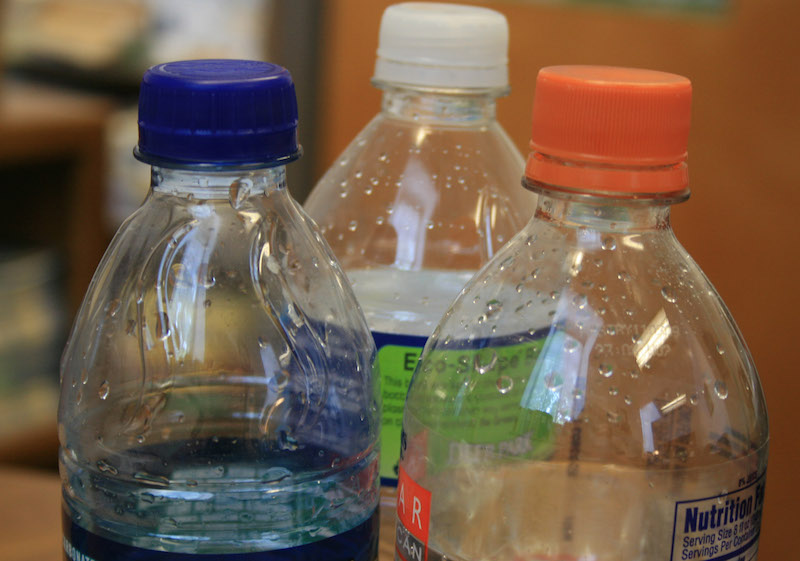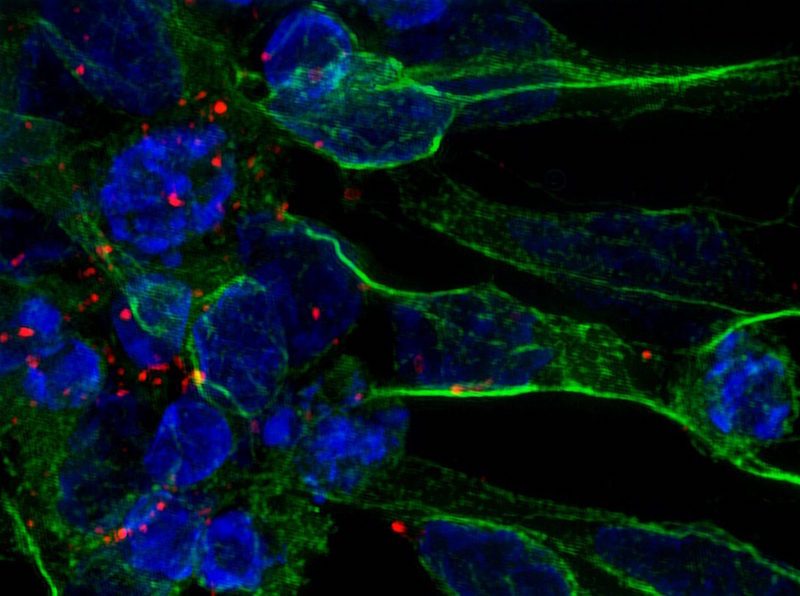 CAES News
CAES News
Stroke Treatment
A team of researchers at the University of Georgia’s Regenerative Bioscience Center and ArunA Biomedical, a UGA startup company, have developed a new treatment for stroke that reduces brain damage and accelerates the brain’s natural healing tendencies in animal models.

